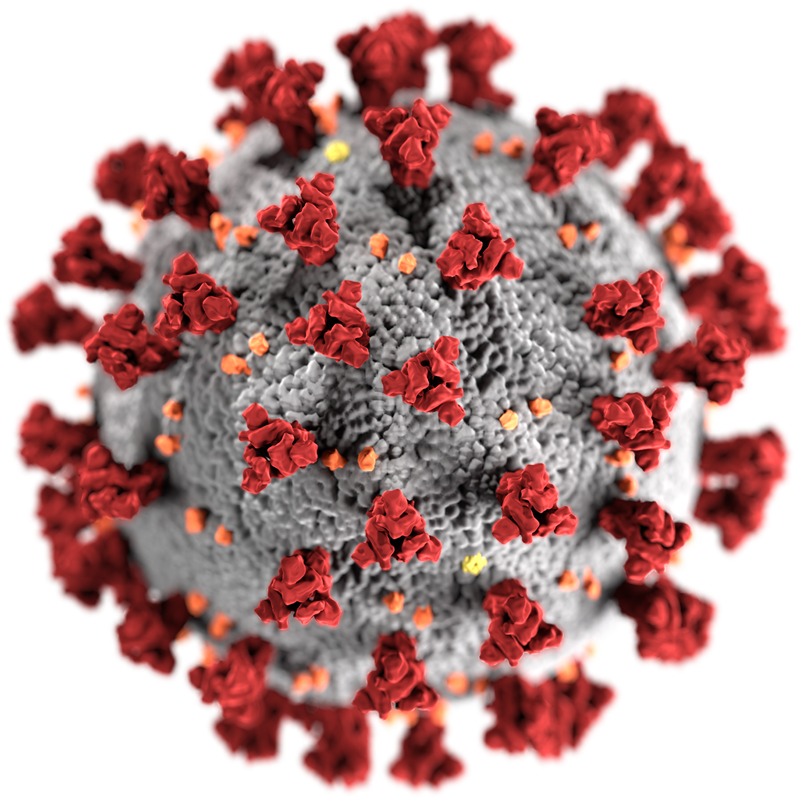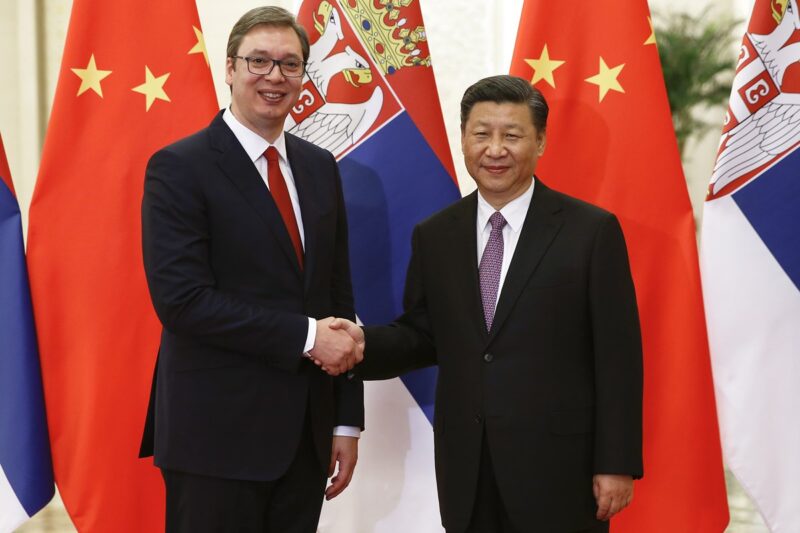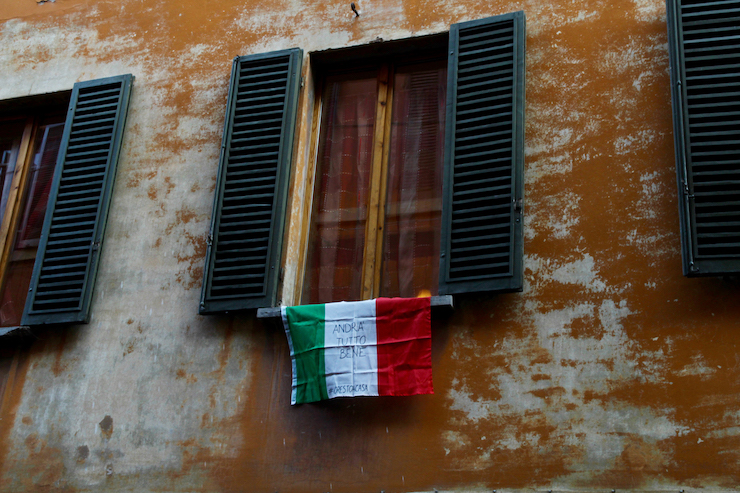“Nothing will ever be the same again!” The cliché is invoked whenever people think they are facing an event of metahistorical significance. Sometimes its use is justified: Sarajevo 1914, the Bolshevik Revolution, Hiroshima, and the fall of the Berlin Wall fit the phrase. More often it is not. Versailles 1919, JFK’s assassination, Neil Armstrong’s “giant leap,” Watergate, 9/11, Lehman Brothers’ collapse, and many other alleged watersheds eventually turned out to be less momentous than initially claimed.
Some turning points are not recognized immediately. The Bastille riot could have ended, a year or two later, like the Glorious Revolution did across the Channel a century earlier. Only with the horrors of 1792 did it become clear that “he who has not lived before the Revolution does not know the sweetness of life.” More recently, the impact of nuclear weapons on the grand-strategic thinking of the two principal Cold War adversaries took over a decade to mature.
There are megacrises which are immediately seen, initially by the lucid few, for what they are. The Guns of August hit an ostensibly well-ordered and stable world like a thunderbolt. “The lights are going out all over Europe,” Sir Edward Grey presciently remarked a day before Britain declared war on the Kaiserreich, “and they may not come back in our lifetime.” Arguably they never did: over the ensuing four years a vibrant civilization, unmatched in its fruits and vigor, was mortally wounded and thrown into the abyss in which we now live.
 The COVID-19 outbreak initially looked like a periodic epidemic in the manner of porcine and avian flus, SARS, or the West Nile virus: a temporary problem which affects other people, usually far away. This virus turned out to be different, however: hitherto unknown, highly contagious, untreatable, and lethal enough to warrant radical measures to contain its spread. The Chinese tried to hide the magnitude of the problem until late January, the Europeans did not quite believe it even as disaster hit Italy in February, and the Americans finally grasped the seriousness of the threat in the second week of March.
The COVID-19 outbreak initially looked like a periodic epidemic in the manner of porcine and avian flus, SARS, or the West Nile virus: a temporary problem which affects other people, usually far away. This virus turned out to be different, however: hitherto unknown, highly contagious, untreatable, and lethal enough to warrant radical measures to contain its spread. The Chinese tried to hide the magnitude of the problem until late January, the Europeans did not quite believe it even as disaster hit Italy in February, and the Americans finally grasped the seriousness of the threat in the second week of March.
The pandemic’s future course and cost cannot be predicted. It does appear certain, however, that the world is experiencing changes which are likely irreversible. The contours of its geopolitical impact are becoming apparent in the rapidly changing patterns of mental mapping, political decision-making, and economic flows in the three panregions that matter in today’s world: Asia-Pacific, Europe, and North America.
In all three we are witnessing rapid rejections of globalization, multilateral mechanisms such as the World Health Organization, and transnational institutions—most notably the European Union—in favor of the revitalized sense of national cohesiveness and national interest-based survival strategies that are developed and pursued by newly energized sovereign nation-states. It is to their own governments that nations great and small have turned. State-directed crisis management has given governments of different ideological hues enormous new powers. They will not give them up willingly once the virus is contained. The State is back.
Corona’s notable geopolitical consequence is the collapse of the neoconservative-neoliberal sacred cow known as “America’s global leadership role.” By contrast, after a faltering start marked by the Chernobyl-like disinclination to be open about the nature and magnitude of the problem, China acted with impressive speed and efficiency to contain the virus. Beijing’s measures seemed draconian in the West when they were imposed with stony resolve.
Interestingly, three other virus success stories are Singapore, Taiwan, and South Korea. Unlike China, they are democratic in institutional form, but they are closely related to the Middle Kingdom in Huntingtonian terms. A civilization which promotes respect for authority, delayed gratification, and communal interests over individual rights is seen as more efficient in protecting its members while continuing to function than is the Western model.
With just a trickle of new cases, mainly among returning students and expatriates who were duly quarantined, by the end of March China was able to start sending its seasoned medical teams and life-saving equipment to Europe and elsewhere. Since compassion for the gweilo (a Cantonese slur for a Westerner) is not a common Chinese trait, Beijing obviously seeks to fill a power vacuum. That much is already apparent in a remarkable development in the Balkans.
 On March 17, Serbian President Aleksandar Vucic declared that, despite his country’s long-standing objective of joining the EU, he could only count on China for support. “That great international solidarity does not exist. European solidarity does not exist,” Vucic said. “It was a fairy tale on paper.” Therefore he sent a letter “to the only ones who can help,” asking Chinese President Xi Jinping to deliver desperately needed medical supplies.
On March 17, Serbian President Aleksandar Vucic declared that, despite his country’s long-standing objective of joining the EU, he could only count on China for support. “That great international solidarity does not exist. European solidarity does not exist,” Vucic said. “It was a fairy tale on paper.” Therefore he sent a letter “to the only ones who can help,” asking Chinese President Xi Jinping to deliver desperately needed medical supplies.
Only recently, Vucic went on, Brussels had pressed Belgrade to reduce its trade with China and increase imports from the EU instead. But when Serbia tried to purchase ventilators, protective suits, and face masks from Europe, it was flatly turned down. “[S]uch medical goods can only be exported to non-EU countries with the explicit authorization of the EU governments,” European Commission President Ursula von der Leyen explained. “This is the right thing to do because we need that equipment for our healthcare systems.”
In other words, according to a local commentator, “as far as Brussels was concerned, it is the right thing to let the Serbs and other non-EU Europeans perish.” Or cope as best they could, which Vucic did—and Xi was happy to help. Greeting the first planeload of Chinese doctors and ventilators on March 21, China’s ambassador to Belgrade said the aid was a sign of the “iron friendship” between the two countries.
This scenario has been replicated even within the EU itself. There was no response to the request from Italy’s ambassador to the EU for medical equipment, but China promptly dispatched three teams of doctors with supplies to Rome. The second-hardest hit European country, Spain, “can also count on our help,” Xi Jinping said after a call from Prime Minister Pedro Sánchez. China is also shipping aid supplies to Iran, Iraq, the Philippines, and Africa. This epidemic is certain to enhance the ongoing explosion of cultural confidence among the Chinese people.
Another manifestation of the EU’s ongoing collapse is the revamping and closing of internal borders within the Schengen zone. This was initially opposed by France’s Eurofederalist president Emmanuel Macron, who said on March 12 that EU states should keep borders open and not give in to what he called coronavirus nationalism. “This virus does not have a passport. We must join forces, coordinate our responses, cooperate,” he said. “European coordination is essential.” There was none. One after another, EU member countries closed their borders, Germany included. As Germany’s Der Spiegel magazine noted on March 23, “The signal is clear: When things get serious, every member state still looks out for itself first – even 60 years after the founding of the community.”
Discrediting the Harlot of Brussels and ending the migratory deluge may be a silver lining on the Corona record. Just like during the 2008 financial meltdown, the EU nomenklatura is showing itself to be a dysfunctional machine that is only good at imposing self-destructive ideological fiats on immigration, diversity, and multicultural platitudes. Today’s “United Europe” does not create social and civilizational commonalities, except on the basis of wholesale denial of old mores, inherited values, and “traditional” i.e., Jewish and Christian, culture. Bruxella delenda est!
The shock to the global financial and economic system may also have long-term benefits. Both supply chains and distribution networks are exceedingly fragile, as we have seen, and it is better to return to some degree of autarky now than to be left powerless if and when the threat becomes truly existential. It is absurd for America to be dependent on China for some 97 percent of antibiotics, as well as vital medicines for blood pressure, Alzheimer’s, Parkinson’s, epilepsy, and depression. (It would be unforgivable, however, to correct the strategic vulnerability by granting Big Pharma another license to print money.)
The same applies to steel, electronics, plastics, etc. It is necessary to redesign and shrink the multi-step, multi-country supply chains that dominate today’s production. All vital supply chains need to be brought back home, and warehouses rebuilt and restocked, to protect against future disruptions. This will not be good for short-term balance sheets of American businesses, but in the long run it will shield them from possible man-made disruptions in the future. More importantly, it will enhance long-term national resilience.
Neoliberal globalization in its post-Cold War form has been dealt a major blow by COVID-19, which is a good thing. The architecture of global economic and political governance developed over the past three decades is collapsing before our eyes. At its root is the notion that we should not feel a special bond for any particular country, nation, or culture, but base our preferences on the quantifiable parameters of self-interest. The current crisis has had a beautifully subversive effect on the process of transforming globalized society into a socio-technological system in which most human relations would be streamlined into manageable routines and procedures.
The community of vulnerable and mortal human beings—who for all their money and technology cannot prevent getting sick, and needing help and empathy from their fellows—is still there. This epidemic shows that it functions when absolutely needed. It is the polar opposite of the “culture” of the artificial world, of post-historical, globalized, genderless Person. This epidemic is an existential crisis which enhanced the sense of solidarity among members of real nations and communities—not some abstract “Europeans,” but Lombards and Tyrolers and Bohemians. The claim of the elite class that all countries are but transient, virtual-reality entities has been discredited, probably permanently.
Sir Kenneth Clark defined decades ago the challenge the Western world is facing today: “It is lack of confidence, more than anything else, that kills a civilization.” But not all is lost, it seems. After the initial shock, Americans and Europeans who love their own lands more than any other, and who put their families and their neighborhoods before all others, are the ones fighting this coronavirus with resilience and stoicism. Those who had been telling them that their attachments should be global, and that their lands and neighborhoods belong to the whole world, are now consigned to the dustbin of history. There is hope, and all will be well, because there is God.
Image Credit: an Italian flag hung outside of a window in Bologna, Italy with the slogan “Andrà tutto bene” (“Everything will be all right”) and the hashtag #iorestoacasa (“I stay at home”)

Leave a Reply